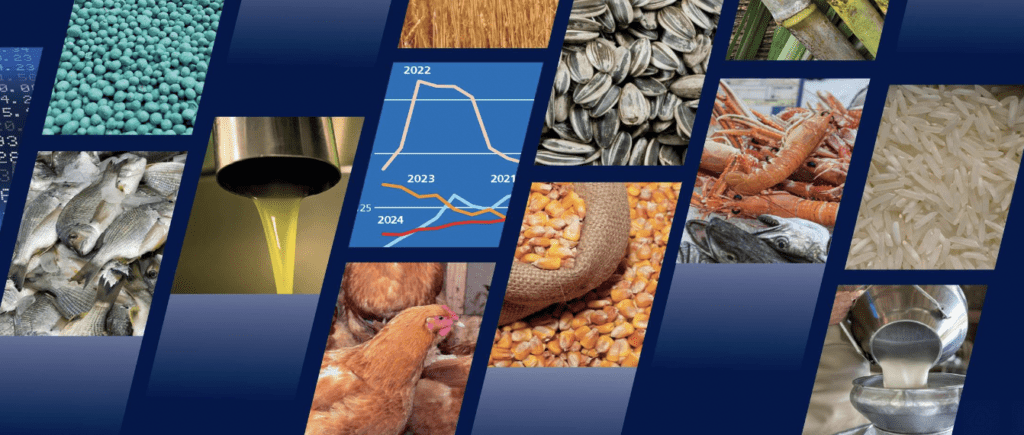Cocoa, coffee and tea prices raise global food import bill for richer countries
The global food import bill is expected to increase by 2.2% year-on-year to more than $2 trillion in 2024, driven by higher prices for cocoa, coffee and tea, and higher import costs for fruits and vegetables. The Food and Agriculture Organization of the United Nations (FAO) published its Food Outlook report on Thursday.

Import expenditure on cocoa, coffee and tea is expected to increase by 22.9%, accounting for more than half of the total import value increase. This primarily reflects international prices for these goods that have risen due to weather conditions and logistical problems. The price of cocoa reached almost four times the ten-year average at the beginning of the year; that of coffee almost doubled, and that of tea rose by 15% above their usual long-term level.
The export of these goods plays an important role in the economies of many countries, FAO economists note. In Burundi and Ethiopia, coffee export earnings generally cover nearly 40% of these two countries’ food import bills; tea exports similarly account for more than half of Sri Lanka’s bill, and Ivory Coast’s cocoa exports easily offset the country’s food import costs.
At the same time, the decrease in import bills for cereals and oilseeds means relief for lower-income countries. High-income countries account for two-thirds of global food import spending, with these countries facing 4.4% growth in 2024, while spending by upper-middle-income, lower-middle-income and low-income countries is likely to decline.
FAO’s Food Prospects report, a biennial publication, provides updated forecasts for production, trade, use and stocks of major foodstuffs, and covers a range of topical issues. In the latest issue, olive oil and fertilizers are particularly scrutinized.
Related news
Experience instead of routine
🎧 Hallgasd a cikket: Lejátszás Szünet Folytatás Leállítás Nyelv: Auto…
Read more >A cup of creativity…
🎧 Hallgasd a cikket: Lejátszás Szünet Folytatás Leállítás Nyelv: Auto…
Read more >









